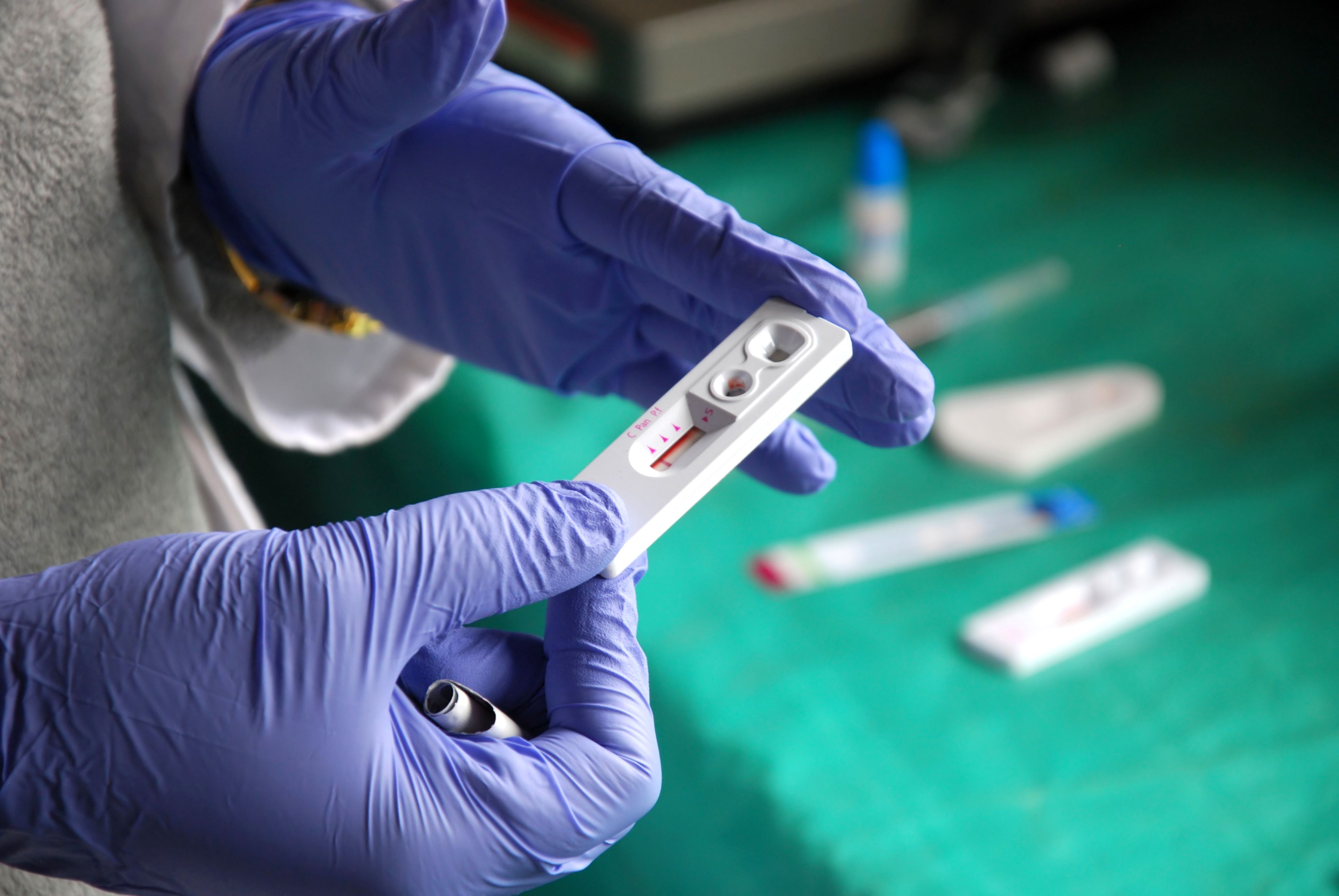Article
USC Pharmacists Assist Chronic Disease Patients in Pilot Program
Teams consisting of a clinical pharmacist, a pharmacy resident, and a pharmacy technician have helped patients get blood pressure and blood sugar under control, corrected medication errors, and reduced hospitalization rates.
Teams consisting of a clinical pharmacist, a pharmacy resident, and a pharmacy technician have helped patients get blood pressure and blood sugar under control, corrected medication errors, and reduced hospitalization rates.
Early results from a study suggest that patients with chronic conditions benefit greatly when pharmacist teams serve as their primary caregivers. The study and the preliminary results were described in an article published on April 15, 2014, in the Los Angeles Register.
In the study, which is run by the USC School of Pharmacy and funded by the Centers for Medicare and Medicaid Services, teams consisting of a clinical pharmacist, a pharmacy resident, and a pharmacy technician care for patients with conditions such as diabetes and hypertension. This involves calling patients in for clinic visits, making house calls, monitoring patients’ blood pressure and blood sugar, adjusting medications when needed, and monitoring patients’ overall level of health.
The study began in October 2012 at 5 clinics run by AltaMed Health Services Corp in underserved areas of Southern California and has since been expanded to 11 clinics. It is scheduled to run for 3 years. Preliminary results have found that almost 90% of patients with hypertension got their blood pressure under control within 45 days of working with a pharmacist, and diabetes patients whose blood sugar levels were elevated were twice as likely to get them under control within 6 months if they were working with the pharmacist team. In the first 11 months of the study, pharmacists corrected 19,696 medication problems in 1993 patients, and more than 2000 of these problems were deemed potentially dangerous to patients. Finally, the hospitalization rate is projected to decrease by 25% for the approximately 6000 patients in the study.
To read more about the study, read the article in the Los Angeles Register.
Newsletter
Stay informed on drug updates, treatment guidelines, and pharmacy practice trends—subscribe to Pharmacy Times for weekly clinical insights.





